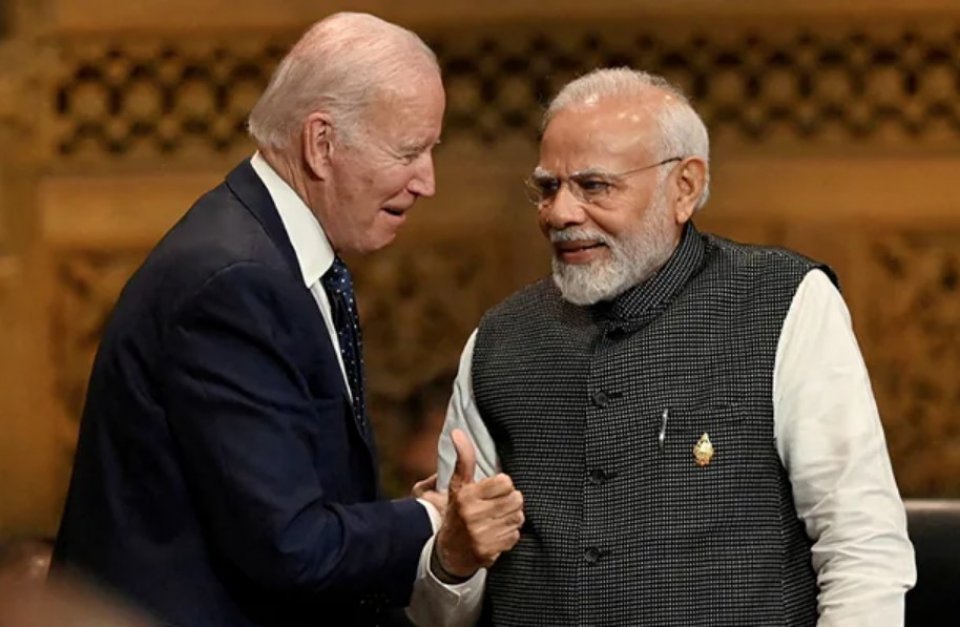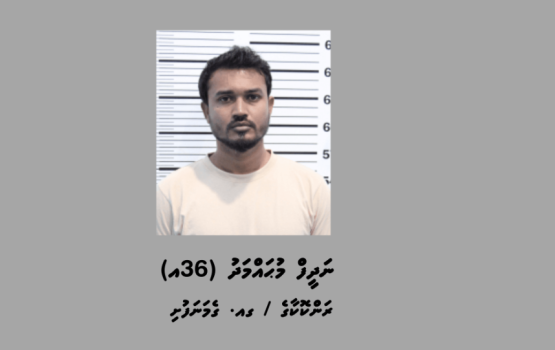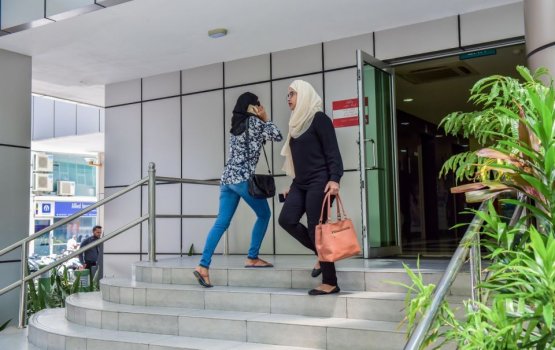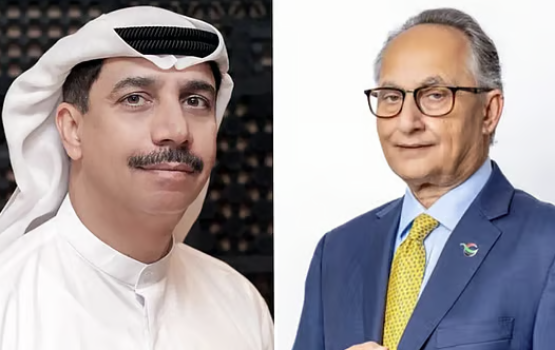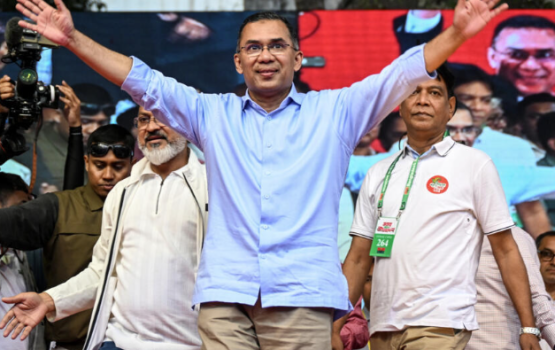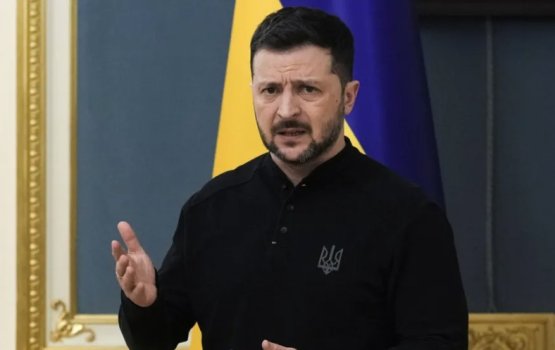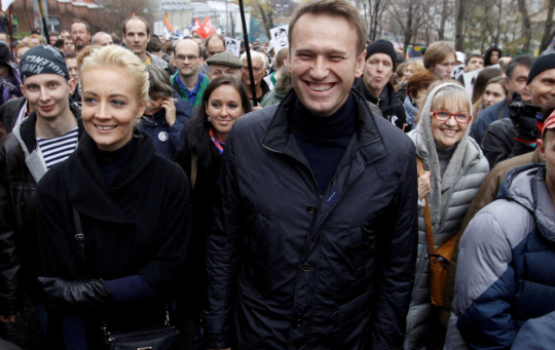As External Affairs Minister S Jaishankar and Defence Minister Rajnath Singh hosted visiting US Secretary of State Antony Blinken and Defence Secretary Lloyd J Austin for the Indo-US 2+2 ministerial dialogue, the two sides discussed Friday China’s behaviour in the region, the contentious row between India and Canada, the implications of the ongoing Israel-Hamas war and the upcoming elections in Bangladesh – a range of issues on which Delhi and Washington agree and disagree at many levels.
India signed off on the joint statement expressing “support for humanitarian pauses” in the Gaza war and to “prevent the conflict from spreading” in the Middle East. Underlining that the two countries “stand with Israel against terrorism”, the statement called for the release of people taken hostage by Hamas on October 7.
There were also conversations on bilateral defence cooperation, space as the next area of collaboration, and semiconductors as the next growth area between India and the US.
Blinken and Austin also met Prime Minister Narendra Modi and briefed him on their discussions, highlighting progress in various areas of bilateral cooperation, including defence, semiconductors, emerging technology, space, health in the follow-up to the PM’s State Visit to the US in June this year and the meeting between Modi and President Joe Bident on the sidelines of the G20 Summit in New Delhi.
“PM expressed satisfaction at the deepening cooperation in all areas and noted that the Comprehensive Global Strategic Partnership between India and the US is anchored in democracy, pluralism and respect for rule of law,” a PMO statement said.
“They also exchanged views on various regional and global issues of mutual interest, including the ongoing developments in West Asia. They emphasised the need for continued close coordination between India and the US on these issues. PM conveyed warm greetings to President Biden and said that he looked forward to continued exchanges with him,” it said.
At the end of the 2+2 dialogue, Jaishankar described the talks as “substantive”. “Our agenda covered advancing our strategic partnership, including elevating our defence ties, moving forward in space & tech, future logistics cooperation and people to people contacts,” he said in a post on X.
“Also exchanged perspectives on the Indo-Pacific, South Asia, West Asia and Ukraine conflict. Reaffirmed our commitment to our collaboration in the multilateral arena and engaging the Global South,” he said.
In his opening remarks at the beginning of the talks, Jaishankar said the dialogue was an opportunity to advance the vision of Prime Minister Modi and President Biden to build a forward-looking partnership and construct a shared global agenda.
Blinken said the US and India have a robust partnership and both sides are deliberating on matters with implications for the future.
“We are bolstering the partnership in international peace, security and specifically working to promote rules-based order, and uphold principles of sovereignty, territorial integrity and independence. Our defence cooperation is a key pillar of that work,” he said.
“We are promoting a free and open, prosperous, secure and resilient Indo-Pacific, including by strengthening our partnership through the Quad with Japan and Australia,” Blinken said.
Foreign Secretary Vinay Kwatra, briefing reporters on the meeting, was upfront when he said “China’s conduct and behaviour was discussed” during the meetings in a “detailed manner”.
Asked about the India-Canada row, Kwatra said, “As far as Canada is concerned, we have been having very consistent conversations with all our friends and partners… the thrust of conversation with our partners… is that we have core security concerns, and I am sure you all are aware of the recent video that has surfaced from one such individual which causes problems, which presents a very serious security concern for the Indian interest and we have made our position very, very clear to our friends and partners and I think they understand and appreciate that, that sense of where India comes from.”
He was referring to the calls for violence against India by a Khalistan separatist based out of US and Canada.
On the ongoing Israel-Hamas war, the Foreign Secretary reiterated India’s position on the conflict: “We have always stood for a two-state solution and early resumption of dialogue. You are also aware, very early on, when the current hostility started, India put out a tweet condemning the horrific terrorist attacks on Israel on October 7. We have always advocated zero-tolerance for terrorism.”
Besides, he said, “there is also the angle of humanitarian assistance… India has already sent about 38 tonnes of humanitarian assistance to the region to address this humanitarian situation. We have asked for strict observance of international humanitarian law, de-escalation of the situation and of course, also condemned the civilian casualties, where they have occurred.”
The joint statement expressed “support for humanitarian pauses” and underlined the need to “prevent the conflict from spreading” in the Middle East.
“Noting horrific terrorist attacks against Israel, the Ministers reiterated that India and the United States stand with Israel against terrorism and called for adherence to international humanitarian law, including with regard to the protection of civilians. They called for the immediate release of all remaining hostages,” the joint statement said.
“The Ministers committed to continue coordinating with partners in the region on humanitarian assistance to meet the urgent needs of Palestinian civilians in Gaza. They expressed support for humanitarian pauses and committed to continue close diplomatic coordination, including with key partners in the region, to prevent the conflict from spreading, preserve stability in the Middle East, and work toward a political solution and durable peace,” it stated.
On the elections in Bangladesh which are due early next year, Kwatra said: “As far as Bangladesh is concerned, we shared our perspective very, very clearly. It is not our space to comment on the policy of a third country. I think when it comes to developments in Bangladesh, elections in Bangladesh, it is their domestic matter, it is for the people of Bangladesh to decide their future. As a close friend and partner of Bangladesh, we respect the democratic processes in Bangladesh, and will continue to support that country’s vision of a stable, peaceful and a progressive nation that the people of that country seek for themselves.” This is a clear backing of the Sheikh Hasina government in the face of challenges like pro-Islamist groups and Opposition parties in Bangladesh.
Rajnath Singh said the India-US bilateral relationship has seen a growing interest of strategic convergence and that defence remains one of the most important pillars of the ties.
“In spite of various emerging geopolitical challenges, we need to keep our focus on important and long-term issues. Our partnership is critical for ensuring a free, open and rules-bound Indo-Pacific region,” Singh said.
“We look forward to closely working with the US across the domains of defence for capability building and for abiding partnerships which can address emerging challenges,” he said.
Austin said in the face of urgent global challenges, it is more important than ever that the world’s two largest democracies exchange views, find common goals and “deliver for our people”.
“We have made impressive gains in building our major defence partnership over the past year, and that will help us contribute even more together to the cause of peace and stability,” he said.
“We are integrating our industrial bases, strengthening our interoperability, and sharing cutting-edge technology. The scope of our cooperation is vast. It stretches from the seabed to space,” he said.
“The strength of our partnership is rooted in the people-to-people ties that are the heart of our long-standing friendship together. Our diplomats, entrepreneurs, and students are expanding our partnership in new domains, including clean energy, artificial intelligence, and semiconductors,” he said.
Austin said the increasingly strong US-India ties “give us all hope for the future of this partnership and for our common efforts toward a more secure world”.
Jaishankar said both sides are exploring cooperation in domains such as critical technologies, civil outer space and critical minerals even while consolidating engagement on established areas.
Kwatra highlighted the cooperation on “semiconductors”, which is “actually relatively new” but “very promising and very extensive”.
On space cooperation, the Foreign Secretary said a working group would be constituted. The other area of partnership, he said, where discussions have taken place in recent months is “our engagement on the human spaceflight programme for the International Space Station”. (Indian Express)

